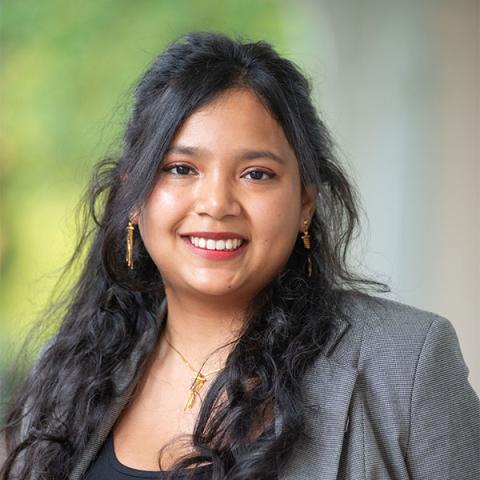Snigdha Das
Education
PhD expected May 2024 University of Virginia
BA, Economics, Virginia Tech- 2018
MA, Economics, University of Virginia- 2019
Job Market Paper
Common Pool Corruption and the Golden goose effect
Short Abstract
Common Pool Corruption and the Golden Goose Effect
Abstract
I design and develop an experiment to study corruption as stealing from a common pool by public officials. The primary objective is to analyze the collective dilemma of corruption and assess how collective risk influences individual corruptibility. This approach unveils coordination among corruptible individuals, emphasizing the group's overarching interests. The study introduces a novel Common Pool Corruption game, wherein public officials engage in petty corruption, risking detection and a share of the common pool's remaining funds. I model corruption as a coordination game by viewing it as a 'collective action problem.' Within the realm of this coordination game, the research focuses on two critical equilibria of corruption: 'High Corruption' and 'Low Corruption.' Changing the parameter of penalties associated with corrupt behavior as losses from the shared common pool, I have observed how different groups of individuals gravitate towards different equilibria in controlled laboratory settings. I also analyze the incentives associated with current decisions that may alter both future incomes and future opportunities for corruption enrichment (Golden Goose Effect). While the chance of being caught in a specific act may be low, the chance of being caught at any point during a career is much larger and may be significant. I observe that there is a displacement effect of corruption from the current to the future period.
JEL Classification: C90, C92, D73, D81, K42
Keywords: Corruption, Game Theory, Experimental Economics, Public Economics, Risk Attitude
